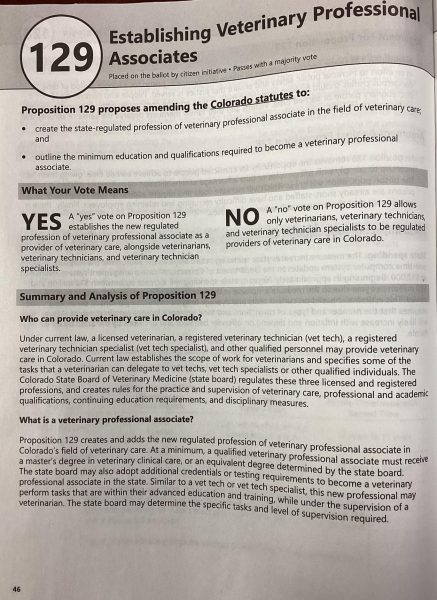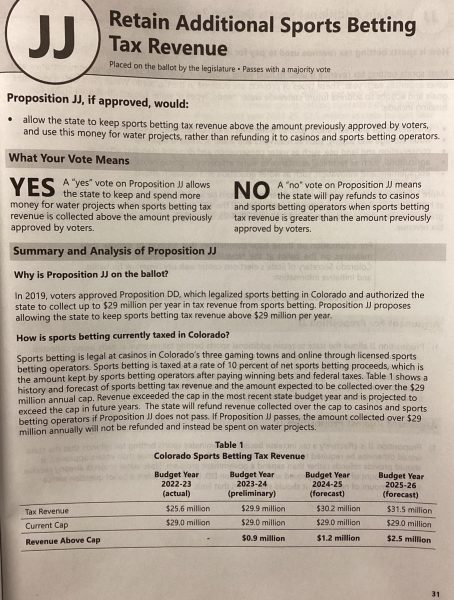Op Ed: What Kate Chopin’s Feminist Classic Can Teach Millennials
We millennials aren’t used to heavy reading, let alone picking up a book from two centuries ago. In fact, if it wasn’t an assignment in my literature class, I doubt I would have ever opened it. But as I read through the eloquent writing and rich storytelling, I became intrigued by the life in the 1800’s. Now, Kate Chopin’s “The Awakening” serves as an honest picture of women in Victorian society, but it’s so much more than that. It can teach the online generation to defy the expectations of an apathetic society.
“The Awakening,” published in 1899, follows Edna Pontellier, a wealthy Louisiana housewife along her transformation from obedience to independence. She has little interest in her children, her marriage, her household chores or her social responsibilities. As Edna begins to realize that she has had little say in the way she lives her life, an unstoppable wave of discontent washes over her. She begins to neglect her duties, paint, take lovers, own her own property and do pretty much everything a woman of her time was condemned for doing. The result? Edna discovers her humanity.
This revered piece of literature by Kate Chopin is considered one of the first American feminist novels. Through it, Chopin lashed out at society and its restrictions on women, for which she was punished– the novel’s horrible reviews effectively ended her career as a writer. Eventually, the novel resurfaced in the early seventies during second wave feminism, making it the classic that it is today.
But what does the life of a fictional woman in a time that couldn’t be more different than our own have anything to do with us?
Frankly, the pressure put on millennials is nothing when comparing it to the oppression of women in the 1800’s, but young readers can easily relate to the feelings expressed by Mrs. Pontellier. Just as Edna becomes consumed by the monotony of dinner parties and chambres garnies, many millennials today are also feeling out of place. In the society constructed for us, we are bombarded with a constant feed of information telling us what to do, what to like, what to buy and what and how to think. Our parents and educators nudge us ever-so-forcefully down a road towards higher education and majors that might lead to a good paying job. But good pay isn’t enough, especially for millennials, leading to a rising tide of job-dissatisfaction.
Akin to Edna’s struggles to be a ‘proper woman,’ some of us find it hard to fit into societal molds.
Because we don’t want to conform, we are seen as selfish, as ‘entitled.’ Because technology is so intricately woven into the fabric of our lives, we are somehow seen as ‘lazy.’
This feeling of being the ‘misfit-toy’ generation has led us to gravitate towards a number of virtual realities that sedate and desensitize us. Why meet up with friends when you can chat with them on Facebook? Why go outside when you can watch a nature documentary in 4K? Why try to get laid when you can just watch porn instead? More of us live at home in our twenties and thirties than any other generation, and a lot of us don’t seem to mind. Ross Douthat of The New York Times calls the online world that we are comfortably sinking into “an opiate for the masses.”
Just like Edna Pontellier, we are alive but far from living.
[Spoiler Alert!] At the end of Chopin’s book, Edna walks into the ocean and never returns. She comes to the realization that she can’t meet the expectations that society and nature have set for her, but she can’t escape them either.
But we can.
We are lucky in a way that Edna Pontellier wasn’t — we have the power to change these expectations and set them ourselves. Millennials can’t get scared into thinking that that if they don’t live their life a certain way, they won’t find meaning or be successful. Contrary to the supposed ‘American Dream,’ the goals one strives for are unique to the individual; life in that way cannot be defined by others.
In the words of Kate Chopin, “the bird that would soar above the level plain of tradition and prejudice must have strong wings.”
Millennials everywhere are embracing a minimalist lifestyle. We are buying tiny houses and living below our means; we value experiences over material things. We are fighting the religious consumerism that plagued the baby-boomers and gen x-ers, effectively scaring the crap out of corporate retail. We are more inclusive and accepting, valuing activism and equality. We realize we are stronger together than standing alone. We may have weaknesses, but we’ve got serious strengths too.
We must make the most of these strengths, for ourselves and for each other. Millennials will inherit this world, this culture, but we must remember that it doesn’t hold us. We have the power to forge society, rather than having it forge us.






